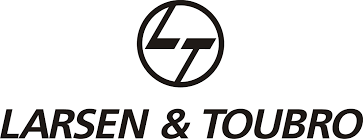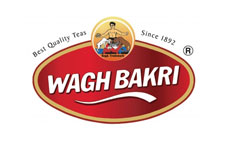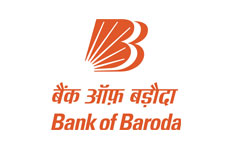C, C++ Training
C Programming
(22 hours)C++ Programming
(22 hours)Any education board in Gujarat (India) includes programming language courses in their secondary school education syllabus. Secondary education is considered foundation for individual student’s career. Concept of C, C++, Java, SQL (RDBMS), Unix/Linux/Ubantu courses are part of computer subject syllabus in Gujarat. C Programming language is recognized worldwide and is the simple yet more powerful language in the world.
C Programming - 22 hours
- Introduction to programming & Basics of C: Process of compilation, Generation of languages, Basic features of C Language like Identifier, Keywords, Variable, data types, Operators and Expression. Basic screen and keyboard I/O
- Control Statements: Test Conditions, Conditional execution and selection, Iteration and Repetitive Executions, Nested loops.
- Arrays: Introduction to contiguous data types. One dimensional arrays, multidimensional arrays, Array as strings, multidimensional character arrays. Operations on strings.
- Functions: Concept of modular programming, Using functions, Scope of data, Recursive functions. Command line arguments.
- Pointers: Need of pointer, Types and uses of pointer, Array and Pointers, Pointers and strings, Pointer to Pointer, Pointers and functions, other aspect of pointers.
- User Defined Data Types: Introduction to structures, usage of structure, nested structures, Union and its usage, Enumeration types, bit fields.
- Files: Types of files, working with files, usage of file management functions.
- Linked List: Introduction to dynamic memory allocation, singly link list, operations on singly link list.
- Other features of C: Bitwise operators and its usage, C Pre-processor statements.
C++ Programming - 22 hours
- Object Oriented Concepts : Object Oriented Development; The Object Modeling Technique ; Objects and Classes; Links and Associations; Advanced Link and Association Concepts; Generalization and Inheritance; Grouping Constructs; Aggregation; Abstract Classes: Generalization as Extension and Restriction; Multiple Inheritance; Metadata; Candidate Keys; Constraints
- Object Oriented Programming Style and Languages : Object-Oriented Style; Reusability; Extensibility; Robustness; Class Definitions; Creating Objects; Calling operations; Using Inheritance; Implementing Associations; Object-Oriented Language Features
- Object Oriented Languages : An Example : Basic Programming; Output Using count; Preprocessor Directives; Comments;; Integer Variables; Character Variables; Input with cin; Type float; Manipulators; Type Conversion; Arithmetic Operators; Library Functions; Relational Operators; Loops; Decisions; Logical Operators; Precedence; Other Control Statements; Structures; Enumerated Data Types; Simple Functions; Passing Arguments to Functions; Returning Values from Functions; Reference Arguments; Overloaded Functions; Inline Functions; Default Arguments; Variable and Storage Classes; A Simple Class; Objects as Physical Objects & as Data Types; Constructors; Objects as Function Arguments; returning Objects from Functions; Structures and Classes; Classes, Objects, and Memory; Static Class Data; Array Fundamentals; Arrays as Class Member Data; Arrays of Objects; Strings; Operator Overloading : Overloading Binary Operators; Overloading Binary operators; Data conversion; Inheritance : Derived Class and Base Class; Derived Class Constructors; Overriding Member Functions; Inheritance in the English Distance Class; Class Hierarchies; Public and Private Inheritance; Levels of Inheritance; Multiple Inheritance; Containership : Classes within Classes; Addresses and Pointers; Pointers and Arrays; Pointers and Functions; Pointers and Strings; Memory Management : new and delete; Pointers to Objects; Pointers to Pointers; Debugging Pointers; Virtual Function; Friend Functions; Static Functions; Assignment and Copy-Initialization; The this Pointer; Streams; String I/O; character I/O; Object I/O; I/O with Multiple Objects; File Pointers; Disk I/O with Member Functions; Error Handling; Redirection; Command-Line Arguments; Printer Output; Overloading the Extraction and Insertion Operations; Multi-File-Programs; Using the Project Feature
Trainers profile
Years real time experience
Students and professionals trained
Computer skills development from school level Proper attention and approach in learning of computer subjects at school level opens many opportunities door in future. Many Engineers, MBAs, IITians have chosen Information Technology (IT) as a primary career after graduation or masters. Average or below average students are also benefited lot if they concentrate and give equal importance to computer syllabus along with their school study.
Corporate Training Customers
Please follow and like us:


































































